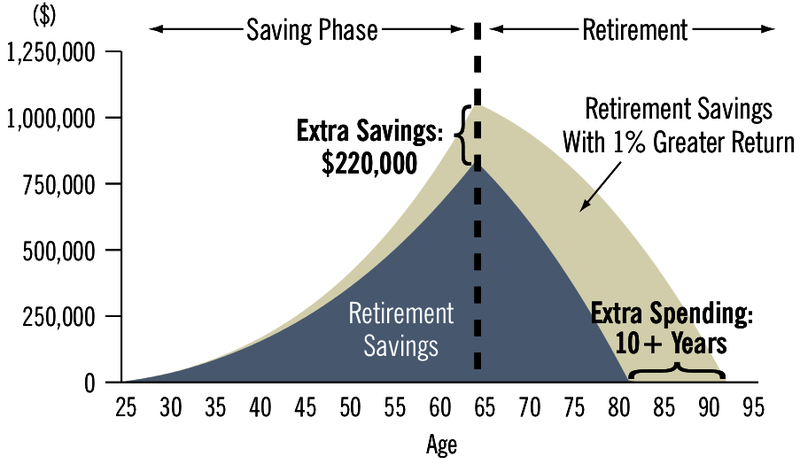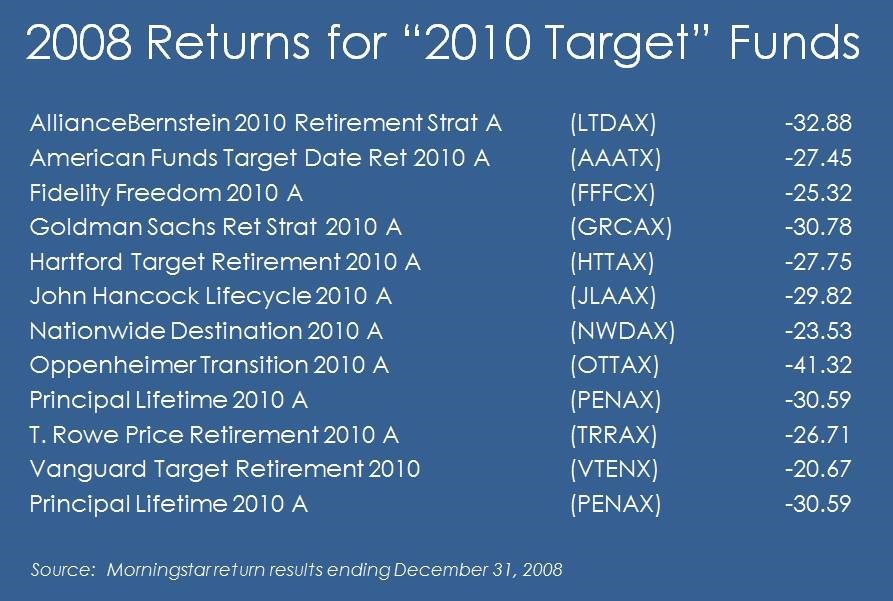Can We Say Goodbye to 12b1 Mutual Fund Fees
Post on: 28 Март, 2015 No Comment

The Security and Exchange Commission (SEC) voted unanimously recently to propose limits on mutual fund 12b-1 fees and provide more transparency to investors. The SECs proposal would help protect investors by limiting 12b-1 fees to 0.25%, improve the transparency of fees for investors, encourage retail competition, and revise fund director oversight duties.
12b-1 Fees?
If you have ever put money into a mutual fund you were most likely charged a 12b-1 fee for every year you had money in that fund. The 12b-1 fee is a marketing or distribution fee on a mutual fund. Its considered an operational expense currently capped at 1% (some funds charge less) of a funds net assets. It may not seem like much but theyre costly, investors payed out about $9.5 billion in just 12b-1 fees last year.
The 12b-1 fees were originally set up in 1980 with the belief that they would actually help investors. The thought process was that by charging a small marketing fee, the fund company could advertise or sell the fund, bringing in more investors (more money), thus lowering expenses for everyone. Whether this actually helped well probably never know. Currently there is around $20 trillion sitting in mutual funds being charged a 12b-1 fee every year. If the expenses havent reached bottom yet
Most of these 12b-1 fees go towards paying administrative expenses or the initial commission to a broker for selling a funds share and are paid regardless of the funds performance. Currently the SEC estimates that only 2% of the actual 12b-1 fees are used as originally intended for marketing and promotion of mutual funds. That leaves 98% completely unaccounted for due to the lack of transparency in the rules currently. The SEC wants funds to identify and clearly disclose costs to investors through shareholder reports, transaction statements, etc. Basically providing a dollars and cents breakdown of the funds costs for each investor.
SoThis Is A Good Thing

This certainly is a start but well have to see how watered down the final draft becomes. The best possible outcome would be to completely eliminate the 12b-1 fee entirely. The mutual funds seemed to get by without them prior to 1980 and certainly arent currently using the fee as originally intended. The fees most certainly dont help in any way to improve the research of stocks or bonds for a fund, nor do they improve the performance of the money invested in the fund. Simply put the 12b-1 fees provide no benefit to existing investors and are paid each year whether the fund turns out a gain or a loss.
As investors, we can put our money into mutual funds that dont charge a 12b-1 fee, but that is easier said than done. The majority of mutual funds charge a 12b-1 fee and the few that dont, may charge other custodial or managerial fees to cover the commission and administrative costs. The best thing we can do as investors is to educate ourselves to fully understand how our money is invested and the costs associated with those investments.
Voice Your Opinion
We certainly support the SECs proposal to limit these fees and certainly hope this is just the first step in eventually removing them entirely. While the critics are certainly lobbying their case, we as investors have the opportunity to do so as well. You can share your opinion with the SEC through Nov. 5, 2010, by clicking here .














